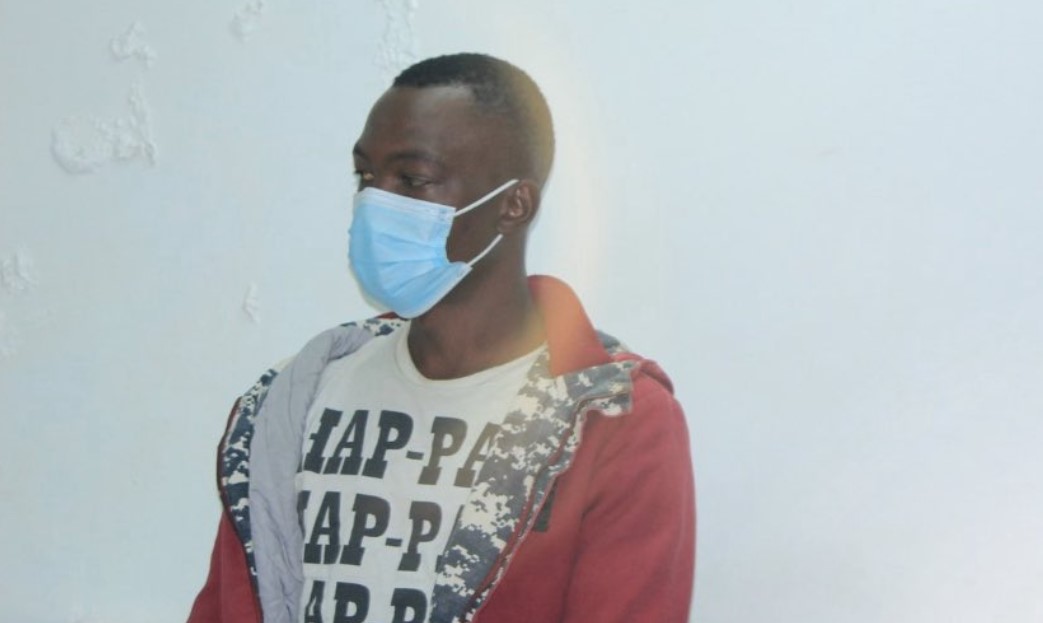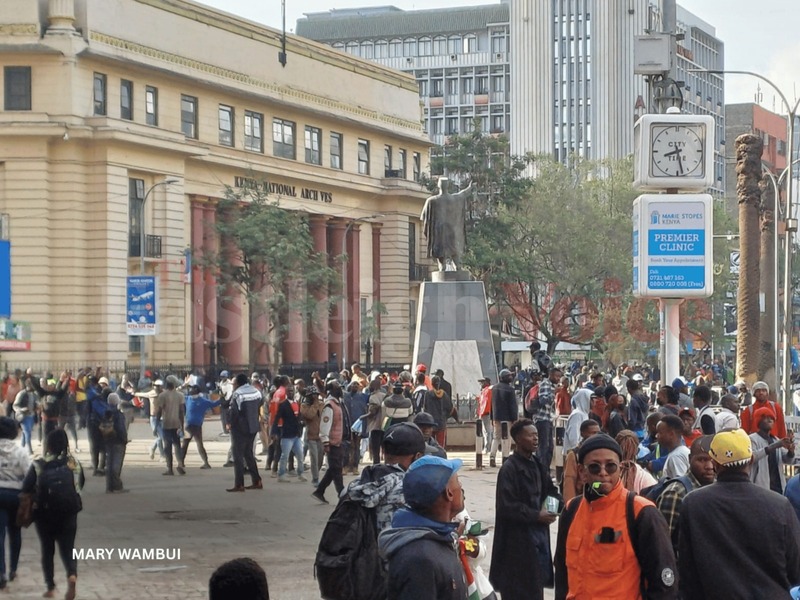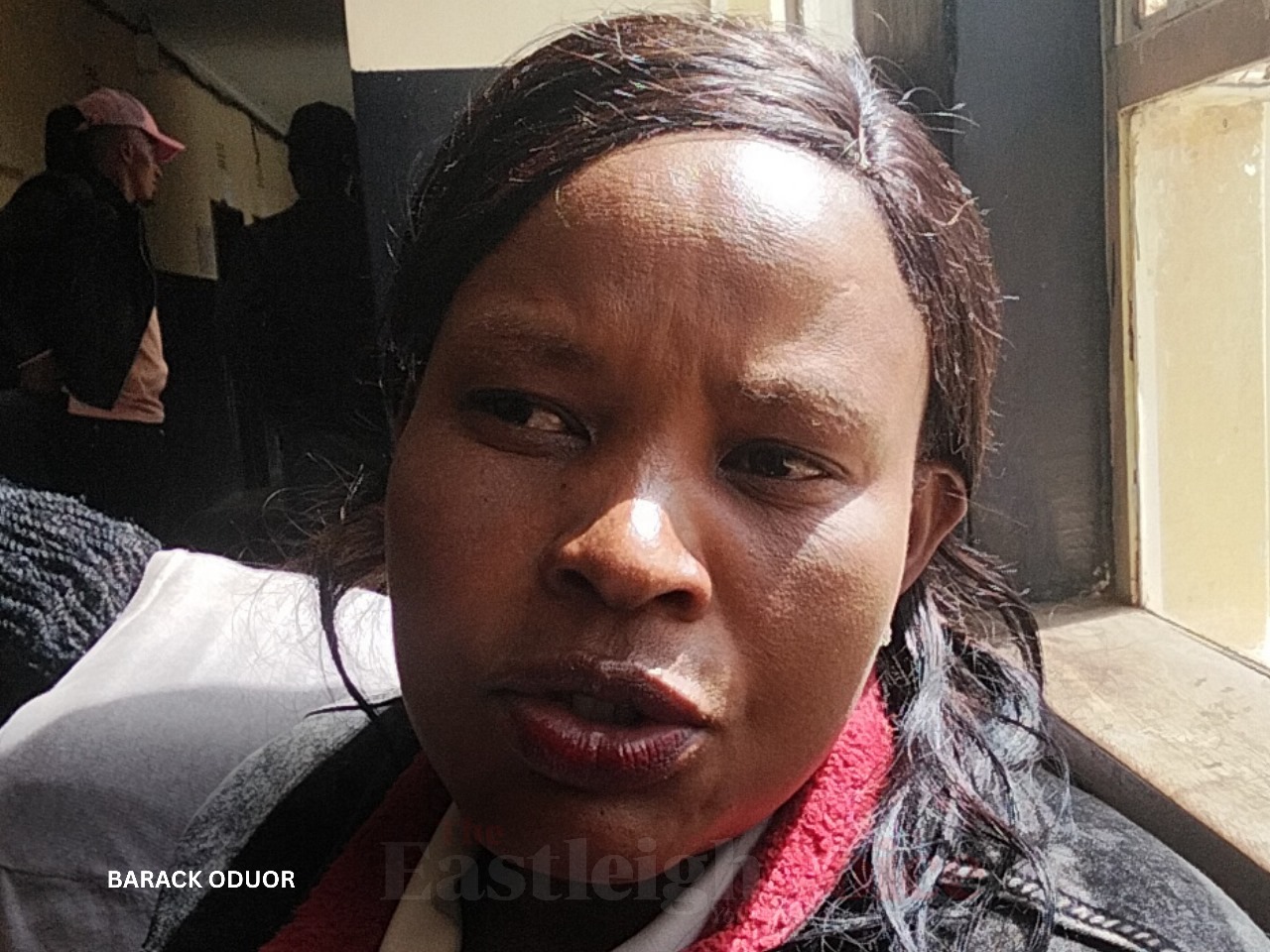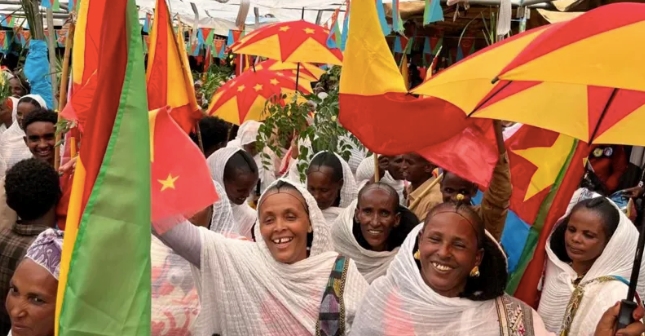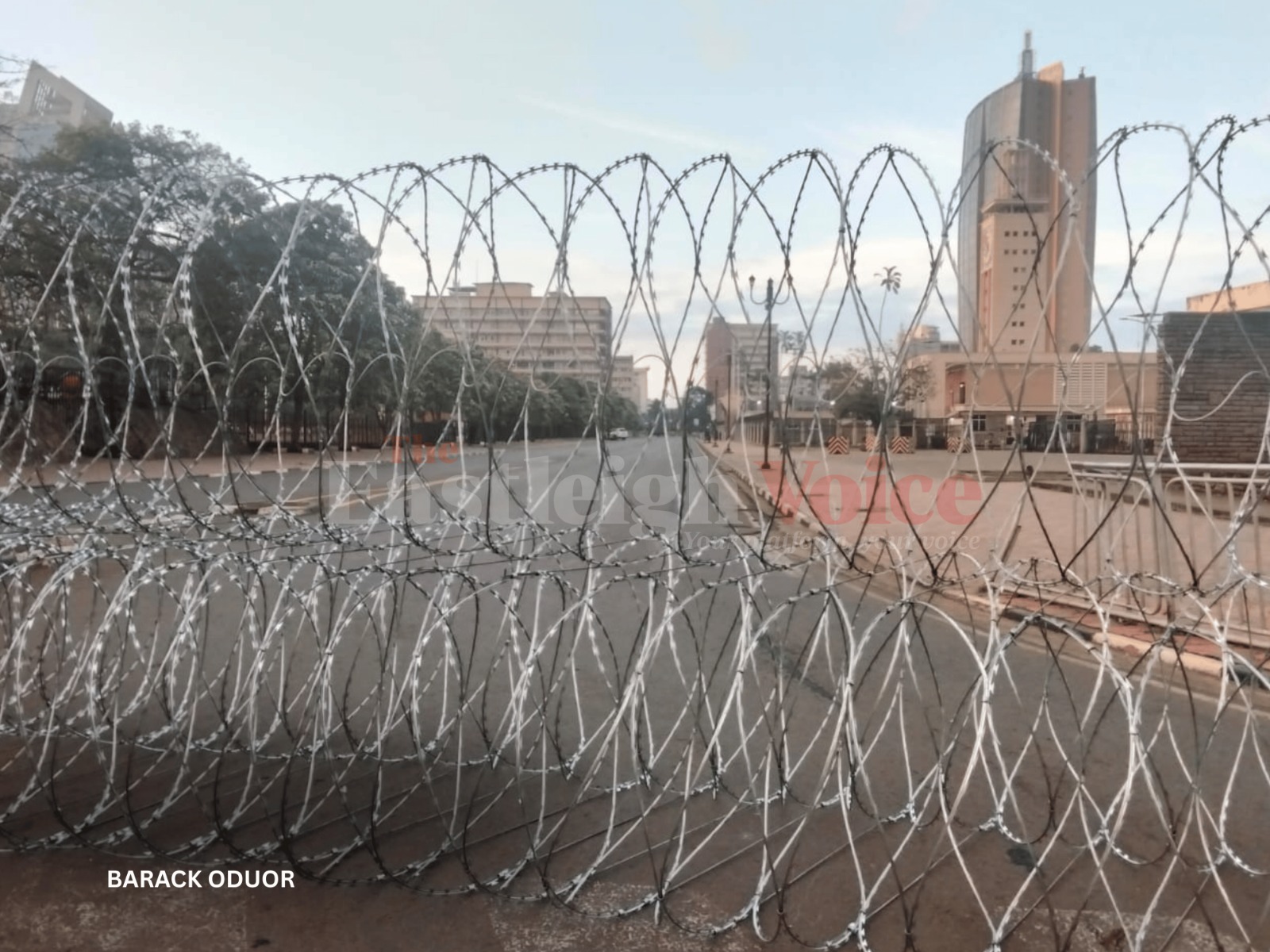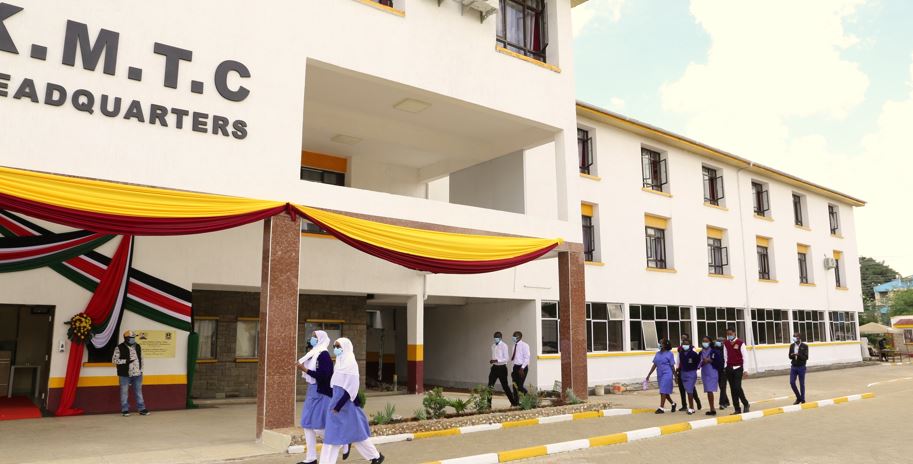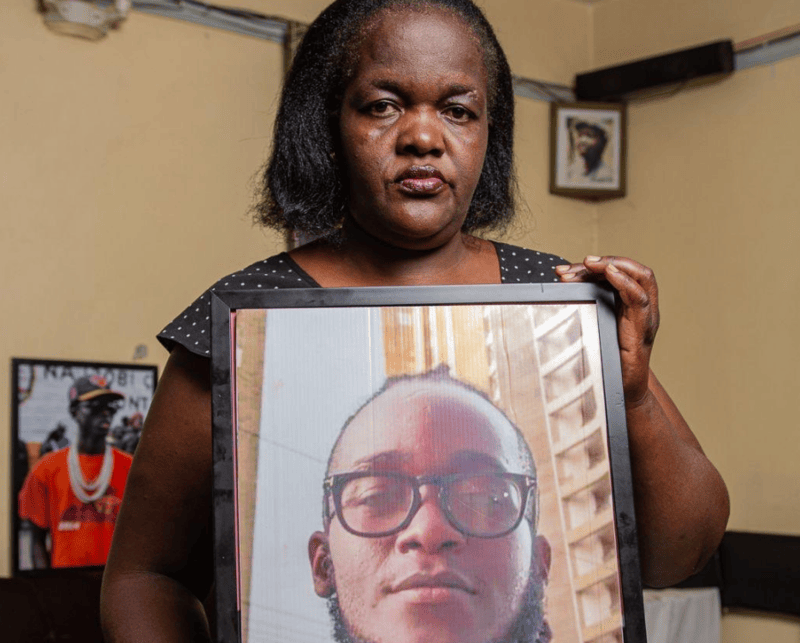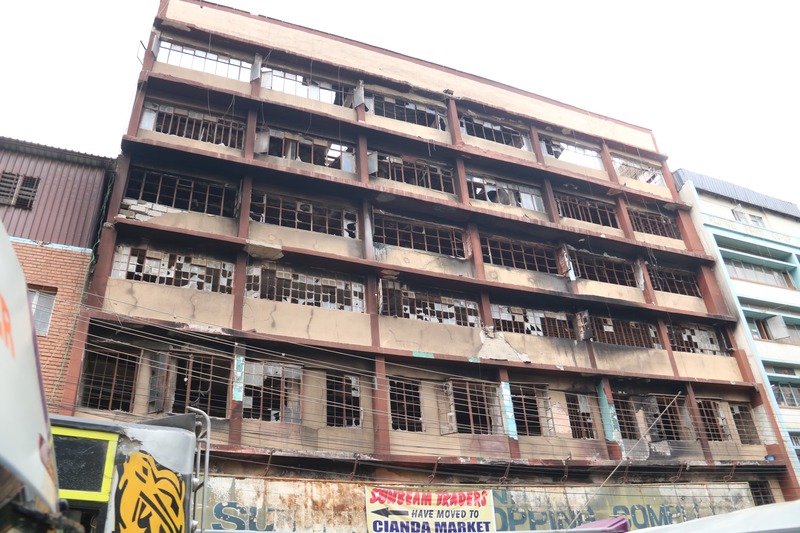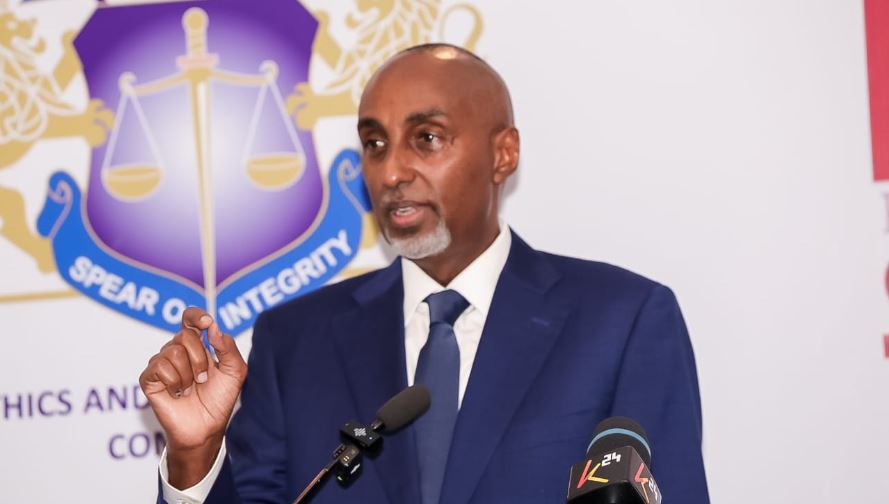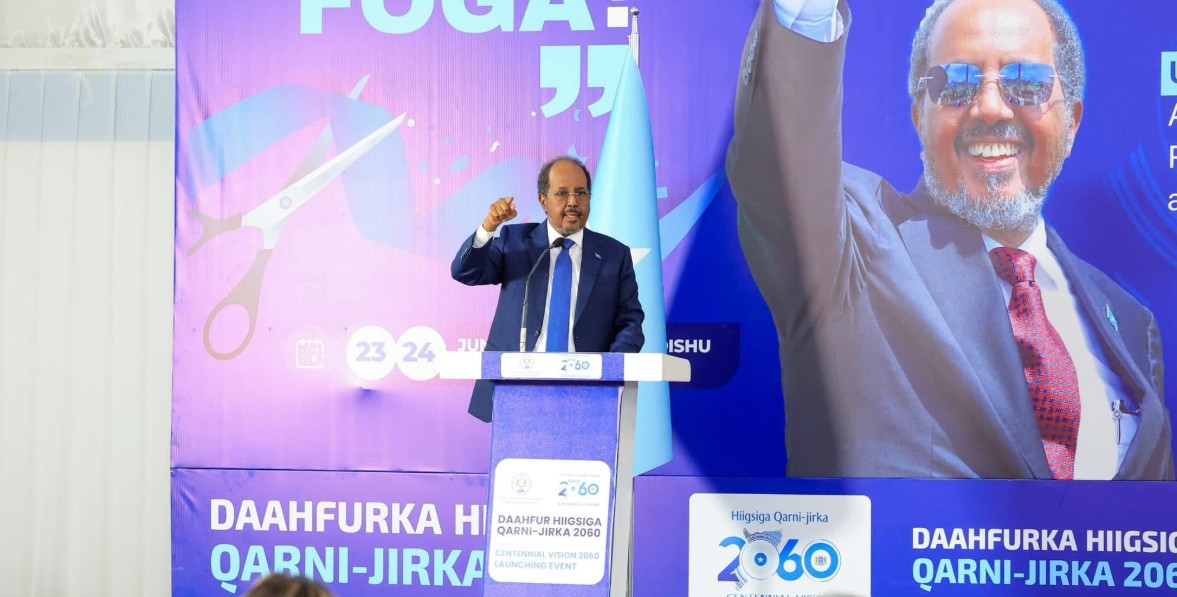Private universities urge MPs to push for release of Sh48.8 billion owed by government
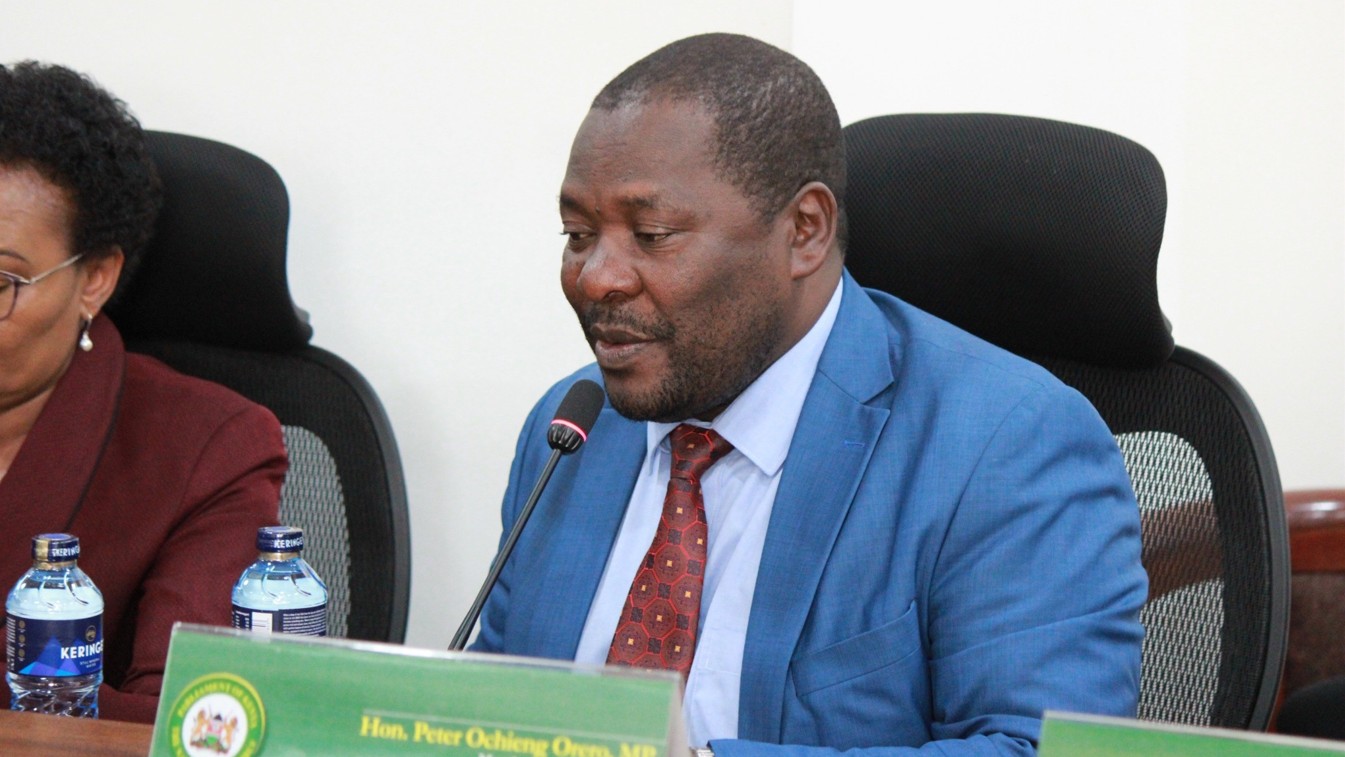
The Kenya Association of Private Universities raised concerns over the sustainability of their institutions, citing the accumulation of unpaid government debts and a lack of policy safeguards.
Private universities have petitioned Parliament to intervene and ensure the government releases Sh48.8 billion owed to them for hosting government-sponsored students, warning that the financial delays are crippling operations and compromising academic services.
Appearing before the National Assembly Committee on Education on Tuesday, the Kenya Association of Private Universities (KAPU) raised concerns over the sustainability of their institutions, citing the accumulation of unpaid government debts and a lack of policy safeguards.
More To Read
- MPs seek Sh7.3bn to hire intern teachers as 40,000 targeted for recruitment by end of 2026
- Financial crisis hits private universities as state owes them Sh50 billion in unpaid student sponsorship funds
- Private universities push for new student loan-based funding model
- MPs reject Bill seeking to end state’s funding for private universities
- State withdraws proposal on varsity placement for gov't-sponsored students
The session, held at Parliament Buildings and chaired by Kasipul Kabondo MP Eve Obara, brought together KAPU representatives led by its chairperson, Prof Stephen Ngari.
The engagement forms part of ongoing consultations aimed at strengthening Kenya’s higher education sector through policy reform, funding support and enhanced research and innovation.
In their presentation, KAPU said the Sh48.8 billion owed to private universities as of June 2024 stems from previous years when the government placed sponsored students in private institutions.
“While the government no longer places new students in private universities under sponsorship, it still owes our institutions a staggering Sh48.8 billion as at June 2024,” the association said.
Cash flow problems
They called on Parliament to legislate a framework requiring government funds to be released concurrently with student placement, to prevent future cash flow problems that disrupt service delivery.
The association also criticised the taxation of tuition fees, saying it undermines efforts to provide affordable, quality education.
“If a university records a surplus, we are willing to pay taxes. But taxing the very fees that support quality education delivery undermines the system,” the Association added.
KAPU further appealed for increased allocation of resources towards research and innovation, which they termed essential to national development.
They noted that current research funding is hindered by bureaucratic inefficiencies and called for a clear legislative framework to streamline the management and distribution of such funds.
Committee members, however, raised tough questions about accountability and governance in private universities.
Kitutu Masaba MP Clive Gisairo expressed concern over reports that some institutions had transferred the burden of unpaid government sponsorships to students, resulting in dropouts.
Luanda MP Dick Maungu asked the university leaders to demonstrate prudent use of public funds, noting the lack of direct government oversight in private institutions.
“How do you assure this Committee that the public funds you receive are used appropriately, considering we do not exercise direct oversight over private universities?” Maungu posed.
Nyamira County MP Jerusha Momanyi demanded a detailed breakdown of the government’s outstanding balances owed to each university and questioned what measures KAPU had taken to recover the funds.
Narok County MP Rebecca Tonkei urged KAPU to submit concrete proposals for legislative amendments and nominate a team to work with the Committee in drafting supporting policies.
Baringo North MP Joseph Makilap questioned whether the association had presented their case before the National Pending Bills Committee. He also raised concerns about student dropouts linked to drug abuse and urged institutions to establish preventive mechanisms.
In response, the university heads explained that many dropouts occur without formal withdrawal, making it difficult to track affected students.
However, they assured the Committee that academic deferments were well-managed, and such students were expected to resume studies when ready.
Prof Ngari defended the role of private universities in national development and dismissed the notion that they operate purely for profit.
“This is part of our contribution to national development,” he said, adding that many private universities offer programmes at lower costs than public institutions.
Top Stories Today

